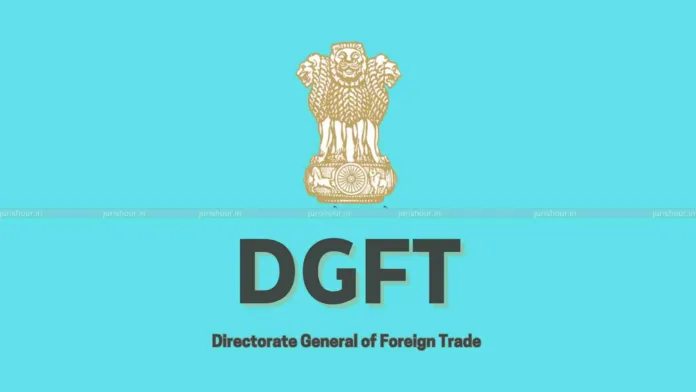The Directorate General of Foreign Trade (DGFT) issued a notification stating that Bangladeshi jute will now be allowed entry into India only through the Nhava Sheva seaport in Mumbai, effectively barring its import via all land and other sea ports.
This order follows a similar restriction placed on May 17, when India halted the import of Bangladeshi readymade garments and processed food items through land ports, particularly those servicing the northeastern states.
According to officials, the latest directive takes immediate effect and covers a wide range of jute-related items, including jute goods, hemp yarn, single and twisted jute yarn, woven fabrics, and unbleached jute fabrics.
The Indian jute industry has long raised concerns over the duty-free import of Bangladeshi jute, which they argue has undermined domestic producers and mills. The government’s latest restrictions are expected to offer a lifeline to jute farmers and industry workers across key jute-producing states like West Bengal, Bihar, Assam, Odisha, Andhra Pradesh, Tripura, and Meghalaya—regions where over four lakh people are employed directly or indirectly in jute-related activities.
While Indian authorities have reportedly been in dialogue with their Bangladeshi counterparts over the issue, Bangladesh continued to export certain ‘value-added’ jute products despite minor adjustments. The Indian government now appears to be taking a more assertive stance to ensure a level playing field for its domestic producers.
“This move is not just about economics; it sends a broader diplomatic message as well,” said a senior official, pointing to recent trade frictions and concerns over Bangladesh’s shifting geopolitical alignments, including growing ties with China. “India expects a more balanced trade arrangement, and this step reinforces our commitment to safeguarding strategic domestic sectors.”
The import restrictions are seen as both a protective trade measure and a diplomatic signal, urging Dhaka to reassess its export practices and trade policies with India.
As bilateral trade dynamics continue to evolve, industry experts believe the move could encourage Bangladesh to enter deeper negotiations with India while simultaneously revitalizing India’s own jute sector.
Notification Details
Notification No. : 21/2025-26
Date: 27/06/2025

